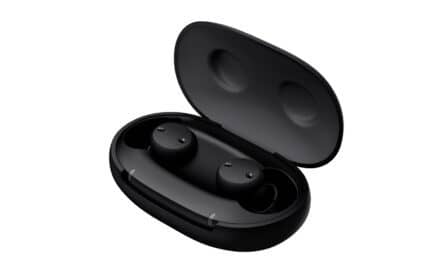The House of Representatives has adopted a Health Reform Reconciliation Bill to amend the Senate’s overall health reform bill, which the House also adopted verbatim as part of the process.
During final negotiations over the weekend of March 20, the FDA Class I medical device tax exemption was dropped; however, a specific hearing aid exemption that was included in the legislation on March 18 was retained, according to the Hearing Industries Association (HIA), Washington. This will exempt hearing aids from the medical device tax that will be imposed on almost all other devices not sold at retail. The Senate will now consider adoption of the House’s Reconciliation Bill through a simple majority vote, although the process is likely to be challenged on various legal and procedural grounds, notes HIA.
Rep Carolyn McCarthy (D-NY), lead sponsor of the Hearing Aid Tax Credit, organized much of the opposition to a hearing aid tax. In addition, every Representative who attended an HIA-sponsored local AG Bell/HLAA/IHS event since 2007 in support of the tax credit championed a hearing aid tax exclusion, including Reps Shelley Berkley (D-Nev); Dave Camp (R-Mich); Ron Kind (D-Wis); Allyson Schwartz (D-Pa); Mike Thompson (D-Calif); Dina Titus (D-Nev); and Chris Van Hollen (D-Md). This demonstrates the effectiveness of hearing health organizations working together in Washington and across the country, says HIA.
As part of the final House Reconciliation bill, the medical device tax rate was lowered from 2.9% to 2.3%. This reflects the widened tax base created by the inclusion of Class I devices, which was the desire of numerous Class II and III device manufacturers.
The House Reconciliation provisions are not binding until adopted by the Senate through its reconciliation process. The Senate bill will be enacted into law when signed by the President. That bill does contain the Class I exemption, which also excludes hearing aids from the tax.
[Source: HIA]




